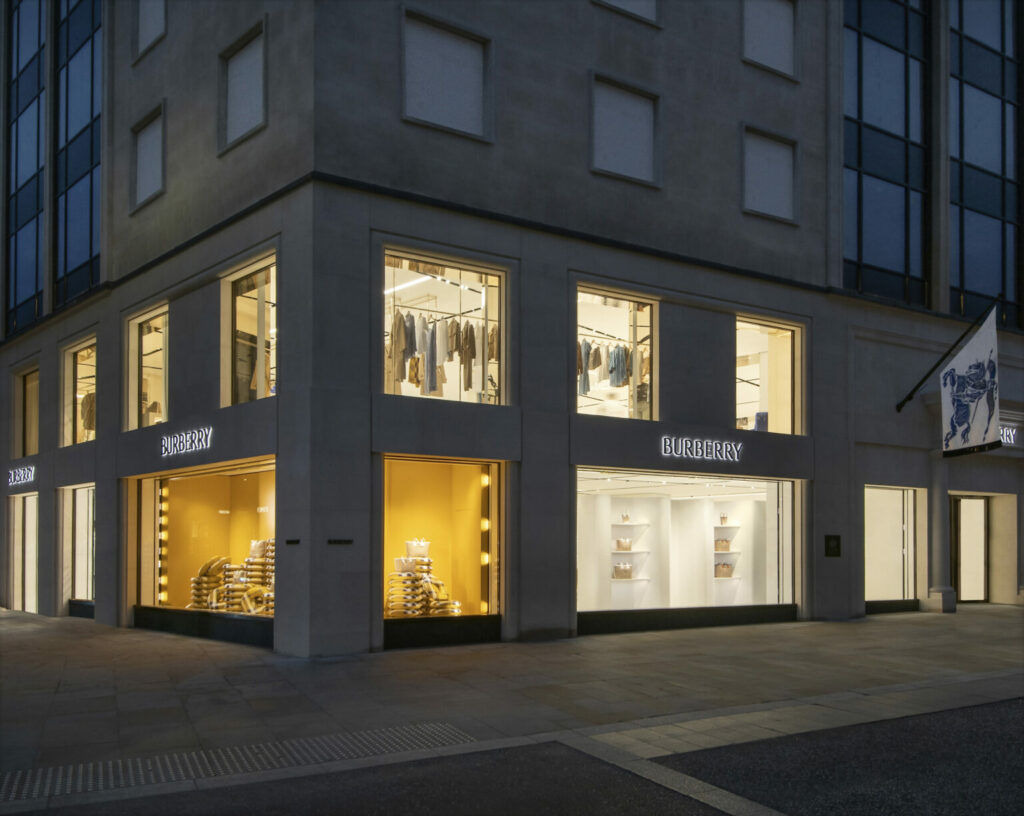As the world becomes more digital every day, Non-Fungible Tokens (NFTs) have gained raging popularity across the world in just a few months.
The trend has taken over all market spheres and now luxury fashion retailers have hopped onto the bandwagon of tokenizing their products.
But what exactly are NFTs?
NFTs are one-of-a-kind assets in the digital world that can be bought and sold like any other piece of property, but which have no tangible form of their own. Made from a unique string of characters bought and sold using Ethereum and Bitcoin, they authenticate the originality of design and artworks.
While digital currencies are interchangeable (or fungible), NFTs are the opposite because they are irreplaceable.
It is this uniqueness that makes them so valuable, especially in the eyes of collectors.
When asked why the fashion industry should care about NFTs, Ryan Marsh from Quantus Gallery, which works closely with artists in the digital sphere said: “Whether we like to admit it or not, the digital realm is going to become more and more integrated in society and to ourselves.
“On that basis alone, the fashion industry should care about emerging technologies and ways in which they can benefit from it and ways their audience can too.”
“It’s a merging of two worlds”
Marsh said that even from a brand awareness perspective, appealing to the younger generation and staying in public consciousness is incredibly important for businesses. This, he continued, goes hand-in-hand with retailers looking to attract a different type of audience.
“Industries are always looking at ways to maximise growth and evolve and I think NFTs are likely going to stick around for some time,” he added.
While popular, can NFTs have a significant impact on the fashion world and have they already changed the industry?
Will King, founder of the beauty brand above and beyond explained that the past two years have seen an “irreversible shift towards the digital world, from meetings to purchasing.”
However he stated that while cryptocurrency continues to grow in value, and additions such as metamask wallet browser add-ons create new and intriguing opportunities for all retailers, he said he doesn’t predict they will significantly change the industry.

Blockchain Reply UK blockchain architect Abharana Jayadev explained that NFTs from popular luxury brands are getting a lot more attention in the fashion industry lately, while several old brands are making a comeback by creating goods for the Digital Closet.
He added that brands will often try and combine different trending aspects into their products to get customers’ attention.
This has already been proven popular as shoppers continue to buy wearable NFTs, using online personas/avatars to wear the items available in apps such as Snapchat.
Asics was cited as the first sportswear brand to move into the NFT space, which has allowed the brand to keep abreast of trends that its consumers are interested in. Meanwhile, Louis Vuitton and Burberry are both launching NFTs in video games and digital products.
At the beginning of the year Gucci released neon-coloured, digital-only trainers that shoppers can only “wear” in photographs for social media using augmented reality.
In the summer, the luxury retailer then chose to step into the world of digital art with its debut NFT, a film inspired by its recent Aria collection, as a part of a newly-unveiled auction.
Blockchain Reply’s UK developer Abdul Gaffar called the luxury retailer’s move into launching NFT, “a brilliant way to market fashion products.”
“The impact NFT’s will have on fashion will change the way people view the industry”
“The gaming industry has a vast audience and, like film, games can be aspirational – a lot of people are influenced by their interactions with games,” he told Retail Gazette.
“The impact NFTs will have on fashion will change the way people view the industry.
“The majority of those investing in fashion NFTs tend to believe they will get a much higher price when they decide to sell because of its uniqueness.
“A lot of brands are now considering giving customers NFTs upon purchase of their limited edition stock.”
Gaffar explained that due to the recent hype behind NFTs – and the market climbing rapidly – a lot of people will buy a certain product purely for the NFT behind it.
There’s no denying that the Covid-19 pandemic changed the way consumers shop and given the multiple nationwide lockdowns that were put in place last year, the fashion retail landscape has shifted to consumers purchasing more products online.
Generation Z, those born between 1995-2010, have a significant buying impact and, according to new reports, have a spending power of $140 billion annually.
With Gen Z accounting for 2.6 billion individuals worldwide, the future of shopping is heavily influenced by this age group.
Will King cited the recent acquisition of Tiffany by LVMH, and its rapid repositioning to the ‘daughters not the mums or grandmas’, as an example. The retailer’s use of millennial icons Jay-Z & Beyonce, sets a clear precedent that the future of brands lies in ‘the young’.
“This new generation has purchasing power from both inheritance, as well as their own newly generated (digital) wealth,” explained King.
“In the world of elite e-sports and global gameplay, the digital insertion reinforces the strength of the brands.”
Click here to sign up to Retail Gazette‘s free daily email newsletter


















